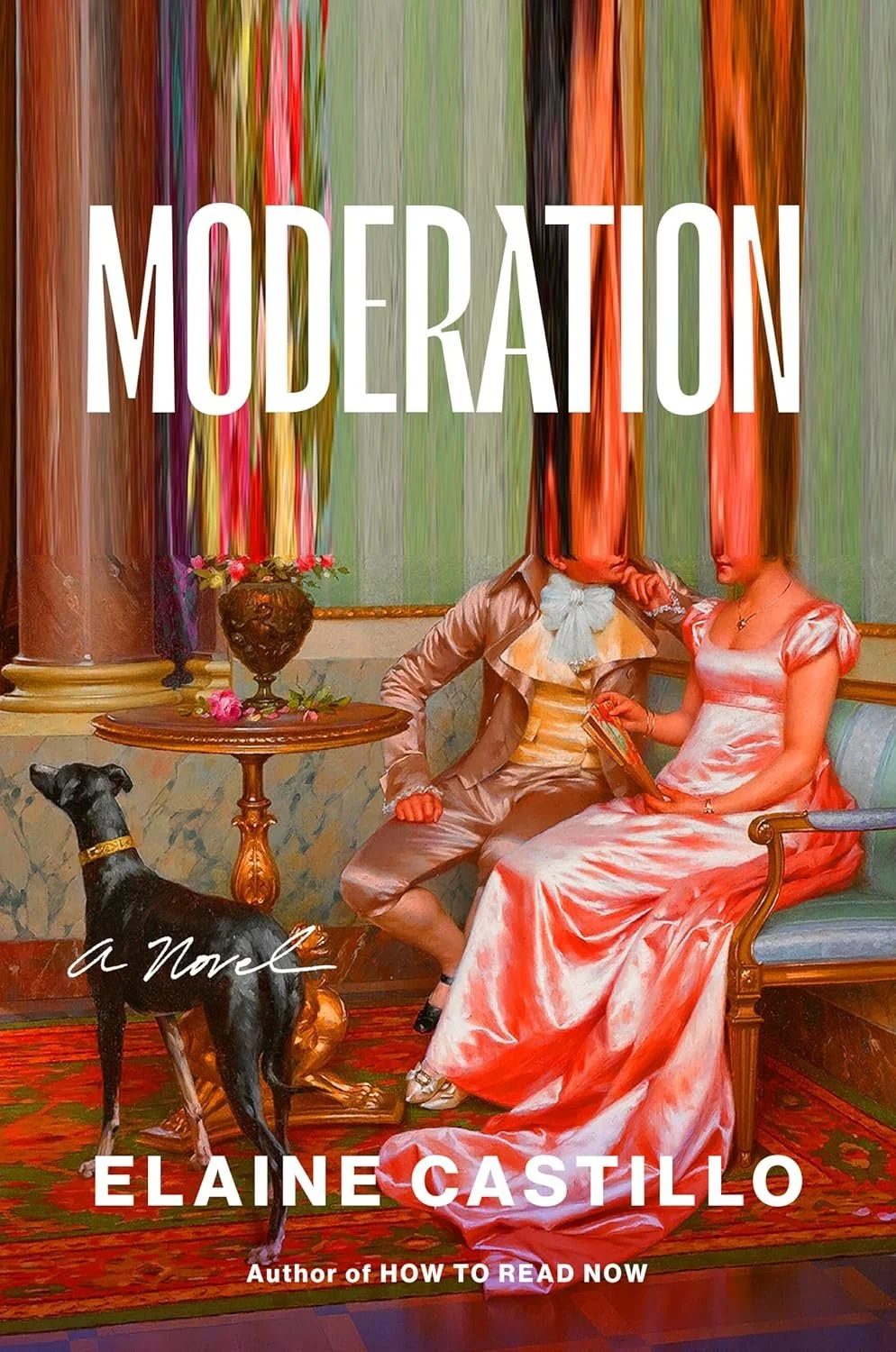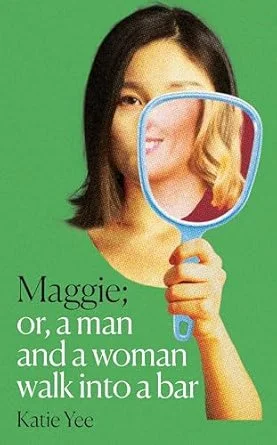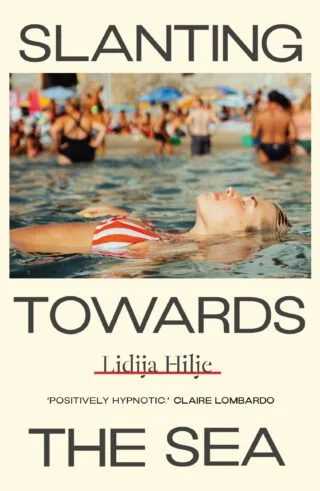The Women’s Prize and Medium: A Conversation with Rachel Joyce
“It started in a place of truth, and then grew from there into something half-known, and half- imagined.”
Rachel Joyce, is the admired author of many international bestsellers, including The Unlikely Pilgrimage of Harold Fry, and one of the judges of the 2023 Women’s Prize for Fiction. We spoke to her as part of our regular Prizes feature in Issue 115, Resolution.
photo credit:
First, I wanted to say congratulations on being a judge for the Women’s Prize for Fiction! What does it mean to you to be a judge and how have you found the experience so far?
It has been a complete honour. The Women’s Prize is such a well-respected prize, and the range of books this year was breath-taking. I take the responsibility very seriously, but it’s also been a brilliant excuse to bury myself in piles of reading. I consider myself very lucky.
The task for the Women’s Prize for Fiction judges is to award a title that inspires, moves, and makes them think – are these also characteristics that you look for in books you read for your own pleasure? And has being a judge affected the way you read for enjoyment?
I do look for those qualities when I read. But through my reading for the prize, I have also been aware of that most elusive of things - the voice of a book. People talk a lot about plot and themes, and while I agree with all that, there is the ‘thing’ that conjures a world you are prepared to believe in as a reader. I wouldn’t say it’s even specifically the writer’s voice, because a writer’s voice can change between books. It’s the voice of the book. It’s true to the book. And sometimes, not always, but sometimes, that voice sings.
What do you think is the most important role that prizes such as the Women’s Prize for Fiction can play in the overarching goal of encouraging reading?
Any prize or scheme that draws people to books and bookshops and libraries, encouraging them to share views and experiences inspired by what they’ve read is to be celebrated and supported.
In addition to its focus on women’s writing, what do you think differentiates the Women’s Prize from other awards? And are there any other prizes that you feel are particularly successful in championing literary voices?
The Women’s Prize supports writers in many other ways as well as the prize – in workshops, schemes, and conversations, in championing the many different voices of women. Of course, it depends on how you measure success, but there is another prize absolutely no one will have heard of; it’s run by a local community centre near me for the best short story. Does that prize have any recognition? Of course not. Is it literary? I guess it depends on who you are asking. But is it important? Yes! Thirty or forty people who have never dared to show their writing to anyone take the plunge and submit their words to be read. Even more importantly, they have committed to the page. They have tried their hardest to find the words to strap around and explore something they have not been able to say before. This seems to me to be the thing to celebrate; that through writing, we try to imagine and empathize with the life we do not know. The Women’s Prize does this.
Now onto your own writing journey, you have written radio plays and many novels, as well as the screenplay for the film version of The Unlikely Pilgrimage of Harold Fry, which comes out this year. Could you tell our readers about these different writing processes involved and how you have approach each of them?
In order to write in a medium, you really have to immerse yourself in it and work out how it can best enhance your story. Radio is a bit like the novel – it can take you absolutely anywhere – and you can create amazing pictures through your choice of sound and effects. (Think of the difference between, say, a blackbird and a peacock. A peacock immediately conjures a country estate. The blackbird is a hedgerow at dusk.) Film, of course, gives your story its visual life. For me, it is more about showing the action, with the most pared back of dialogue. But even though the means of telling a story can be different, the thing that unites them all is story. And a story is a story across all genres.
Your multi-prize-winning novel, The Unlikely Pilgrimage of Harold Fry, is an incredibly poignant tale that has won the hearts and minds of many different readers – both young and old. Could I ask you to tell us a little bit more about the inspiration behind the captivating story?
It started in a place of truth, and then grew from there into something half-known, and half- imagined. I began this story as a radio play when I found out my father was dying from cancer. I knew he knew he would not live long enough to hear it and I was right. But the story was my way of dealing with my wild and complicated grief. I wanted to write about a man keeping alive a person he cared for, when I myself was losing my father, whom I very much wanted to keep. When I began to write it as a book several years later, we had just moved to a house on the edge of a valley and I was bowled over by the landscape. I think all these things seeped into the book. And so did my need to connect with the difference of other people. I think it’s an introvert’s book.
The Unlikely Pilgrimage of Harold Fry has been described as being ‘almost unbearably moving’ – what do you think it is about the tale of an ‘ordinary’ man embarking on an extraordinary journey that is so affecting? And what did you hope your readers would take away from the book?
I am often asked this question and the truth is that I don’t really know the answer. But my guess is that Harold has an openness to others and a humility that moves people. And he is experiencing nature as if for the first time – something many of us are beginning to think about – whilst also carrying the pilgrim’s burden of the pain of others. But generally, I hope that readers will feel compelled to keep reading. That seems to me the prime objective of a novel. To keep the reader with you, and to write without ego.
Your next novels, The Love Song of Miss Queenie Hennessy and Maureen Fry and the Angel of the North provide additional perspectives to that of Harold Fry. Did these stories develop in your mind as you wrote the first Harold Fry tale? And did you enjoy the opportunity to expand Harold’s story and give more space to your other characters?
Shortly after The Unlikely Pilgrimage of Harold Fry was published, a reader said to me, ‘You do know this is a trilogy, don’t you?’ I have to admit my heart slightly dropped because I had only just got to the end of the first one. I knew she was right, as readers often are, though I had no idea, if I am really honest, what I was going to find. But if you are a dramatist, and I consider myself to be one, you relish the moment when the camera shifts, and you see the whole scene from a fresh angle. Queenie’s story is exactly that: it is the reverse shot of Harold’s walk. But Maureen’s story was much harder to find, even though I knew the other two stories would not be complete without it. It took me many drafts to find a way through that I believed in. Maureen has to make a journey of her own - a winter journey – in order to find a kind of rebirth for all three of them.
And lastly, a question we ask every author we speak to – do you judge a book by its cover?
I try my best never to judge by appearances, apart from, yes – when it comes to books. Because I believe a lot happens the moment you set eyes on the cover. And that is why they are so very important, and so remarkably skilled when they are right. The cover is the gateway to the book. It conveys and it celebrates – through an image – the kind of word-journey you are about to go on. It may also make subtle allusions to other books or contain endorsements from writers you admire… There is so much going on when you pick up a book and look at the cover! At their very best, they become the theme tune.
Rachel Joyce is a judge on the 2023 Women’s Prize for Fiction. The longlist will be announced on 7 March, the shortlist on 26 April, and the winner on 14 June. Her novel, Maureen Fry and the Angel of the North, is out now in hardback.
Editorial Picks




